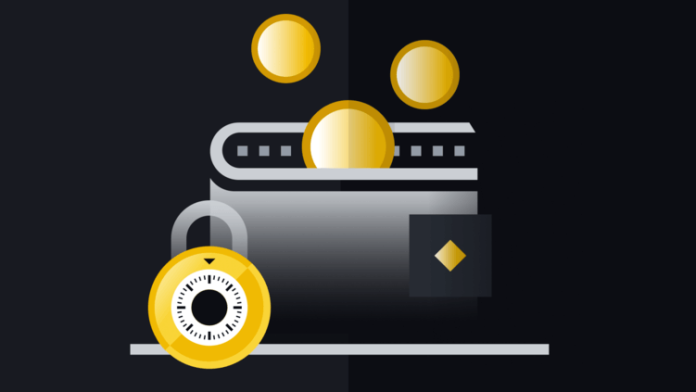While crypto has become a popular investment option for many people, there is a need to safeguard your assets.
As you may already know, April is the month of awareness for crypto security, which makes it the perfect time to revisit the key principles of securing your crypto assets and explore the measures you can take to keep your wallet safe.
In this piece, you will be exposed to the measures to consider in storing your assets.
The Key Principles of Securing Your Crypto Assets
When it comes to securing your crypto assets, there are several key principles to keep in mind.
Securing your cryptocurrency is essential to protect your assets from unauthorized access and potential theft. Here are some key principles to follow:
Keep your private keys secure: Your private keys are what give you access to your cryptocurrency, so keeping them secure is crucial. It’s essential to protect your private keys at all costs. Private keys are the digital keys that give you ownership and control over your cryptocurrencies. They should never be shared with anyone else and should be stored securely offline in a hardware wallet or a paper wallet.
Strong Passwords: It is important to use strong passwords when securing your crypto assets. Opt for a password that is unique, lengthy, and complex. Avoid using easily guessable information such as your name, birthdate, or common words. Instead, use a combination of uppercase and lowercase letters, numbers, and special characters in your password to make it more secure. A strong password is the first line of defense against unauthorized access to your crypto accounts, and taking the time to create one can greatly enhance the security of your crypto assets.
Two-Factor Authentication (2FA): Enabling 2FA with a trusted method, such as an authenticator app or hardware token, is crucial for securing crypto accounts by adding an extra layer of security and reducing the risk of unauthorized access or SIM swapping attacks.
Regular Backups: Creating regular backups of your wallet’s private keys or seed phrases and storing them securely offline is crucial for securing crypto assets. Testing the restoration process ensures you can recover your assets if needed, providing peace of mind against data loss or theft.
Remember, securing your crypto assets is crucial to protect your investments. Following these key principles can help you safeguard your crypto assets from potential threats and reduce the risk of unauthorized access or loss of funds.
Keeping Your Wallet Secure
Ensuring the security of your wallet involves following best practices for online security. Avoid clicking on suspicious links or downloading unknown software, as these can potentially compromise your wallet’s security.
Be cautious of phishing attempts and only use official websites or trusted sources for transactions and wallet management.
Regularly update your wallet software and operating system to patch any security vulnerabilities. It’s also recommended to avoid using public Wi-Fi networks or shared computers when accessing your wallet to minimize the risk of unauthorized access.
Common Security Threat
There are several common security threats that cryptocurrency holders should be aware of in order to protect their valuable assets.
Phishing: Phishing attacks are attempts to trick individuals into revealing their private keys, seed phrases, or other sensitive information through fake websites or emails that appear legitimate. Cryptocurrency users should be cautious and avoid clicking on suspicious links or providing their private information to unknown sources.
Malware: Malware, including viruses, keyloggers, and ransomware, can compromise the security of cryptocurrency wallets and steal private keys or seed phrases. It is crucial to use reputable antivirus software, avoid downloading unknown files or programs, and regularly update software to protect against malware attacks.
Social Engineering: Social engineering attacks involve manipulating individuals into revealing their private keys or other sensitive information through psychological manipulation. This can include impersonating trusted individuals or organizations, manipulating emotions, or creating a sense of urgency. Users should exercise caution and verify the authenticity of any requests before disclosing sensitive information.
Insider Threats: Insider threats involve individuals with authorized access to cryptocurrency wallets or exchanges abusing their privileges for personal gain. This can include employees, contractors, or other trusted individuals. Proper access controls, monitoring, and regular audits can help mitigate insider threats.
In other words, being aware of common security threats in the cryptocurrency space and taking appropriate measures to protect private keys, seed phrases, and other sensitive information is crucial to safeguarding cryptocurrency assets from potential losses or theft.













